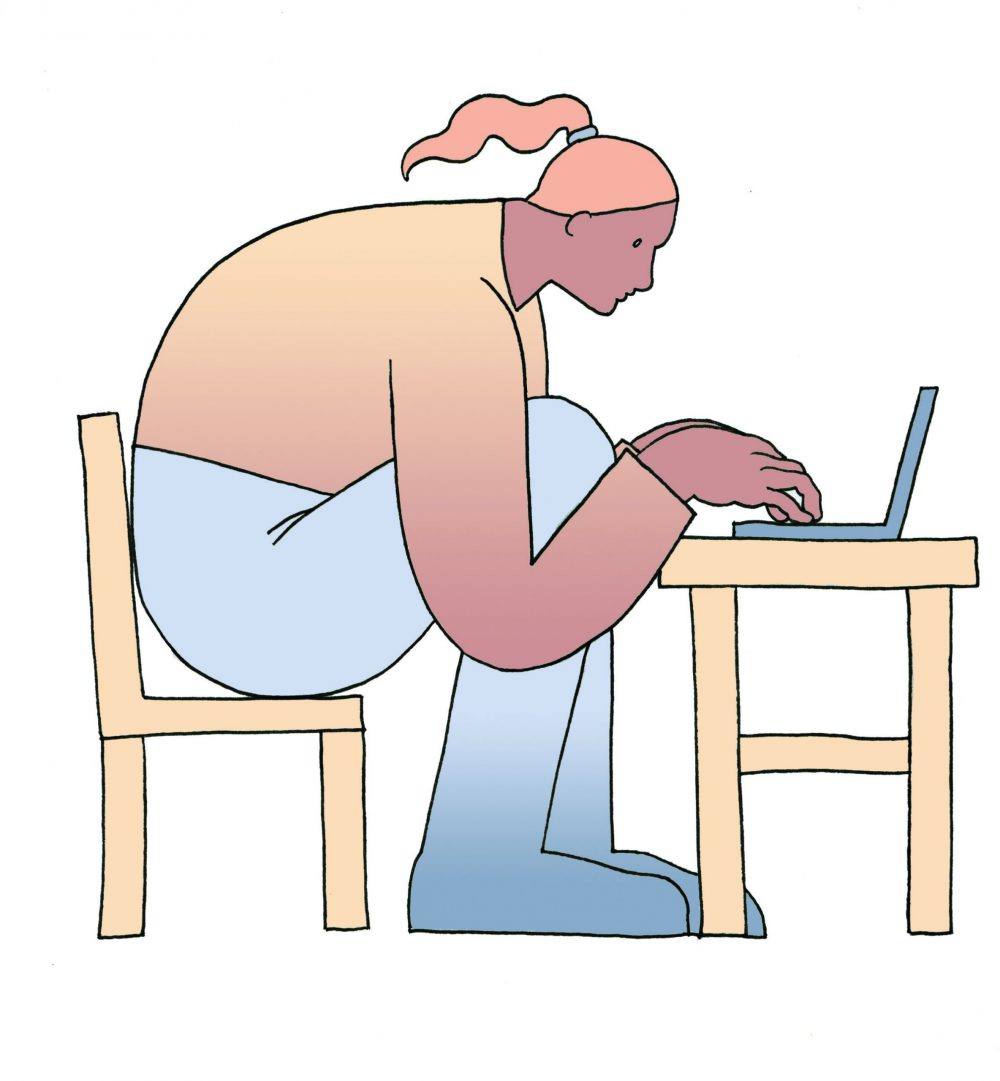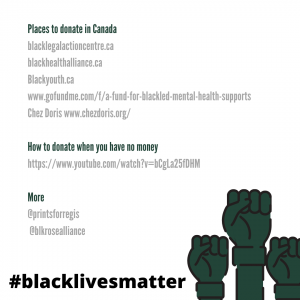Don’t deny it: whenever an atrocity like George Floyd’s death occurs, many of us flee to our social media.
We’ve been taught and told by others that change can be incited from our fingertips. We see the abundance of Black Lives Matter posts being shared and if we don’t follow the herd by doing the same, it gives off the impression that we aren’t true activists. There is a false sense of commitment to the cause, an instant gratification that comes with sharing a Martin Luther-King Jr. quote or changing our twitter handle to #BLM.
Slacktivism is the notion that people can advocate for a certain issue with minimal effort and involvement, while still believing they are making a difference. We might be locked to our couches right now, but that doesn’t mean we have to succumb to a slacktivist approach.
Sharing endless quotes, tweets and Facebook posts is like pouring a glass of water on a ravaging house fire and hoping it does something significant. It’s the bare minimum and yet, there is a certain pat-on-the-back feeling we get from doing it. Long before Floyd’s death many have abused this approach, including myself. This approach allows us to be involved in the conversation from a safe distance. Many of us want to do more, but just don’t know where to begin.
As a white anthropology student, I have been introduced to a multitude of advocacy approaches that I had never considered in the past. My own positionality has led me to seek out these approaches, knowing that while I cannot experience the pain of racism firsthand, I can use my voice to prevent these injustices from being silenced.
Last year, one of my professors launched into a 40-minute improvised lecture about how useless slacktivism is, a term many of us surprisingly hadn’t heard before. The faces around the room ranged from anger to disappointment to outright shame. “Do you really think these short-lived sentiments are going to start a revolution?” my professor asked. Sure, the act of sharing posts and signing petitions has good intentions, but it only goes so far.
In an article titled “How to take activism beyond your keyboard,” author Maggie Zhou writes, “Don’t fall into complacency and give yourself smug pats on the back … acts of allyship aren’t meant to tickle white egos.” Zhou’s article also links numerous reading materials, social media accounts worth following, and practical steps to be a proper advocate.
Awareness is unquestionably necessary, but if you’re relying on the passive act of sharing a post to absolve yourself from your white privilege and to reconcile your past faults, you’re not advocating for the right reasons. Reach out to your black friends and family, read works written by black writers, support black businesses, listen to podcasts, donate to an array of funds, educate yourself and, if you’re not sure about something, ask!
With all this in mind, I’m not saying you need to abandon your social platforms. Instead, I ask you to think beyond the means of advocacy you’ve been taught and become comfortable with. Decolonize your media, as Zhou puts it. If you can afford a music subscription or a new pair of shoes, what’s a small donation to a worthwhile cause? If you really are strapped for cash, prioritize educating yourself and others—it’s free. If you can educate even one person and enable them to re-evaluate their thoughts and reactions to the current movement, you’ve just become a catalyst for change.
Graphic by Alexa Hawksworth
CLICK HERE TO VIEW AND CONTRIBUTE TO OUR LIST OF RESOURCES
Concordia statement on Black Lives and demandsfor an anti-racist pedagogy





